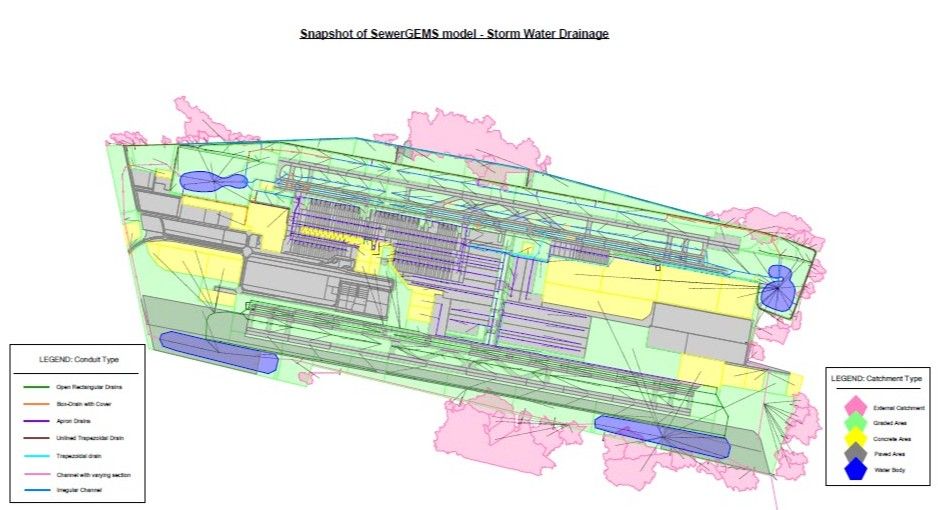Cambodia and Tajikistan Strengthen Ties in Energy, Agriculture, and Education
In a significant move to enhance bilateral relations, Cambodia and Tajikistan have pledged to jointly expand their cooperation in key sectors, including energy, agriculture, and education. This commitment was formalized during a meeting between Cambodian Prime Minister Hun Sen and Tajik President Emomali Rahmon on June 9, 2025. During their discussions, both leaders emphasized the […]
Cambodia Unveils Strategic Plan to Combat Greenhouse Gas Emissions
In a significant step toward addressing climate change, Cambodia has officially launched an ambitious strategic plan aimed at reducing greenhouse gas emissions from 2024 to 2033. The initiative was unveiled during a ceremony presided over by HE Eang Sophallet, the Minister of Environment, and was attended by prominent figures, including HE Igor Driesmans, the Special […]
Cambodian Parliament Approves Landmark Law for 24 Electricity Investment Projects
In a significant move to bolster the nation’s energy infrastructure, the Cambodian Parliament has officially approved a draft law facilitating payment guarantees to 24 electricity investment companies. This landmark decision was made during the fourth session of the seventh National Assembly held on May 22, 2025. The new law comes in response to the surging […]
Cambodia’s Mining Sector Sees Significant Revenue Growth in 2024
In a notable achievement for Cambodia, the Ministry of Mines and Energy reported nearly USD 100 million in non-tax revenue from the mining sector in 2024, reflecting an impressive increase of approximately 79% compared to the previous year. This growth highlights the country’s expanding mining activities, which now include numerous sites dedicated to both domestic […]
ADB Unveils USD 10 Billion Investment to Realize ASEAN Power Grid Vision
In a bold move that could reshape the energy landscape of Southeast Asia, the Asian Development Bank (ADB) has announced a groundbreaking investment plan of up to USD 10 billion aimed at realizing the ASEAN Power Grid initiative. ADB President Masato Kanda made the announcement during a meeting of the Board of Directors in Milan […]
Seventeen Japanese Companies Commit to Reducing Greenhouse Gas Emissions in Cambodia
In a significant step towards combating climate change, 17 Japanese companies have pledged to engage in greenhouse gas emission reduction initiatives in Cambodia. This announcement was made by HE Eang Sophallet, Minister of Environment, during a recent meeting with Kohei Wakabayashi, President of the Japan External Trade Organization (JETRO), on May 13, 2024. During the […]



 ខ្មែរ
ខ្មែរ









